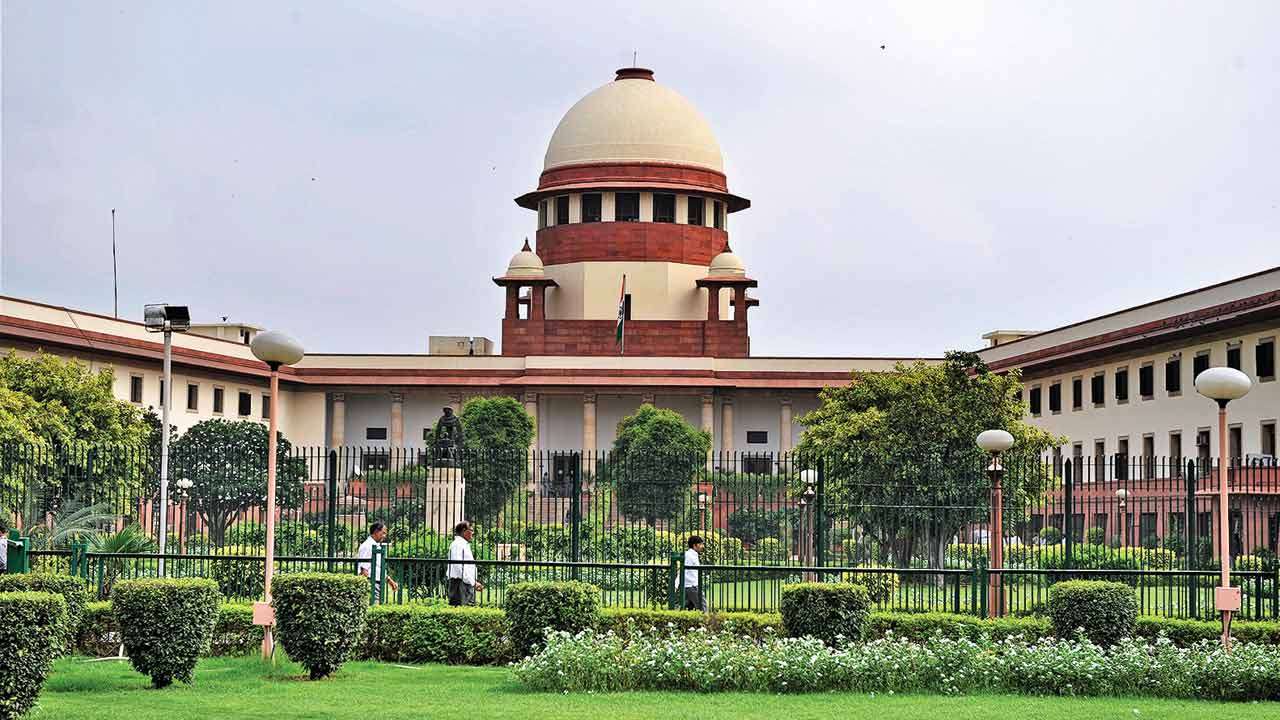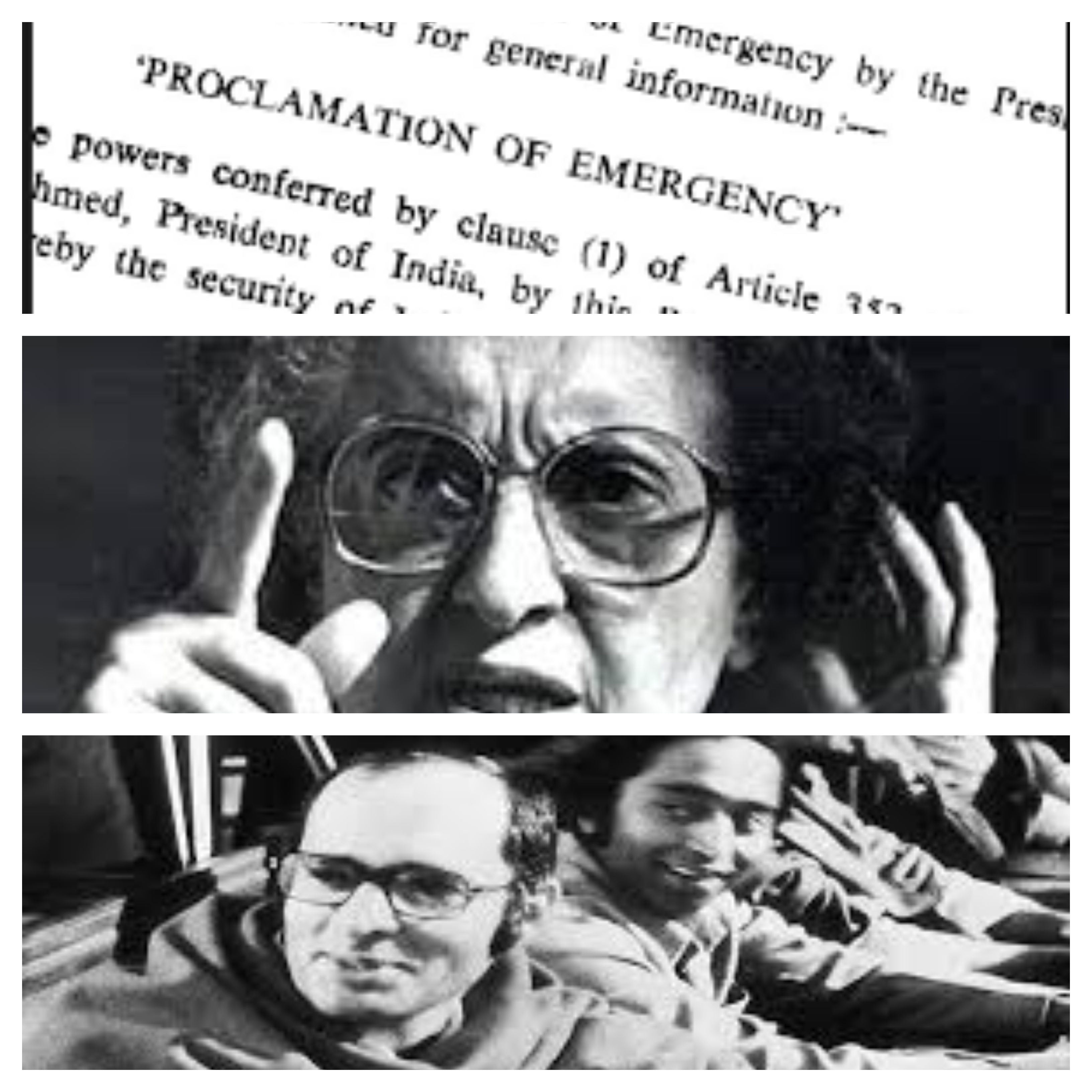

By Sunil Garodia
Although education is a very costly affair and it is not possible to subsidize it at every level, the twin decisions of the government to raise the fees for the M.Tech courses at the Indian Institute of Technology (IIT) ten-fold over the next three years while at the same time reducing and restricting the award of monthly fellowship (or teaching assistantship) cannot be supported.
If fees are increased from Rs 20,000 per year to Rs 2 lakh, many meritorious students will not pursue the course due to financial constraints. On the other hand, less meritorious students from affluent backgrounds will take admission. The quality of the programme will suffer. The director of IIT, Hyderabad has said that the ten-fold increase will deter students from treating M Tech as a parking space, perhaps referring to the practice of B Tech students enrolling for M Tech, only to drop out once they get a lucrative job since B Tech graduates are much in demand. But to prevent that, disincentives like a stiff penalty for leaving the programme should be introduced rather than increasing the fees as that will make it difficult for less affluent but meritorious students from pursuing it.
With regard to the fellowship, the IIT Council has decided that henceforth it will be awarded only to a "few and competent" students. Fair enough. The fellowship is not a grant that should be given to every student by right. It is awarded to M Tech students as they help professors in teaching undergraduates in B Tech. If they are not competent to teach or help, they may not be given the fellowship. But the Council has not spelled out how many would be chosen and what would be the criteria. That leaves the room open for arbitrary decisions in the future.
If the Council wants to increase income, it should have a mechanism in place whereby the fees of all courses are raised by a fixed percentage, either every year or every three years. But if it does nothing for, say, ten years and then suddenly raises the fees astronomically, it is bound to create resentment. As for curtailing fellowships, it should remove the vagueness and disclose how, and how many, it will choose upfront so that the students know their chances and perform accordingly. As things stand now, favoritism and nepotism might come into play when deciding about the award of fellowships.











